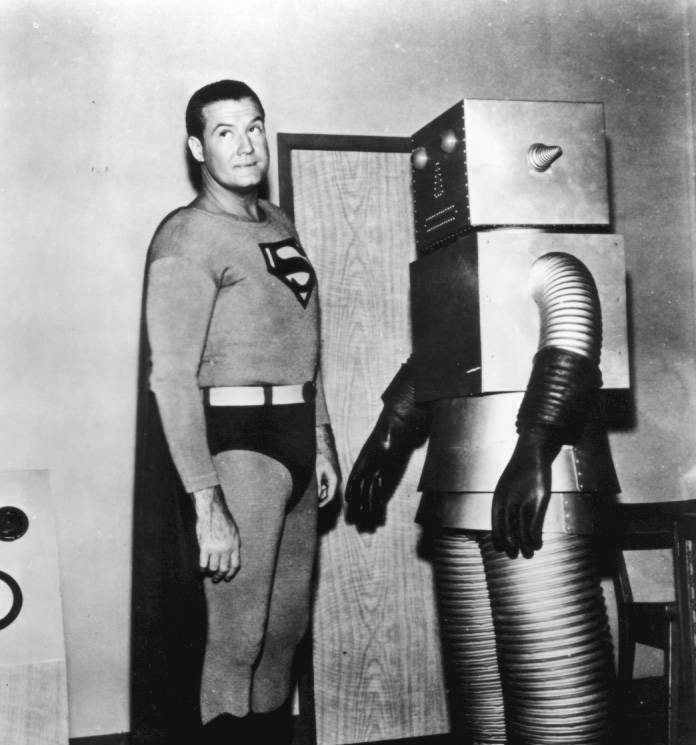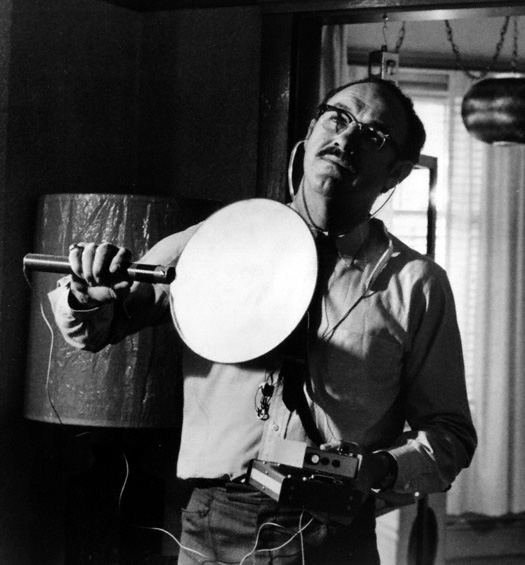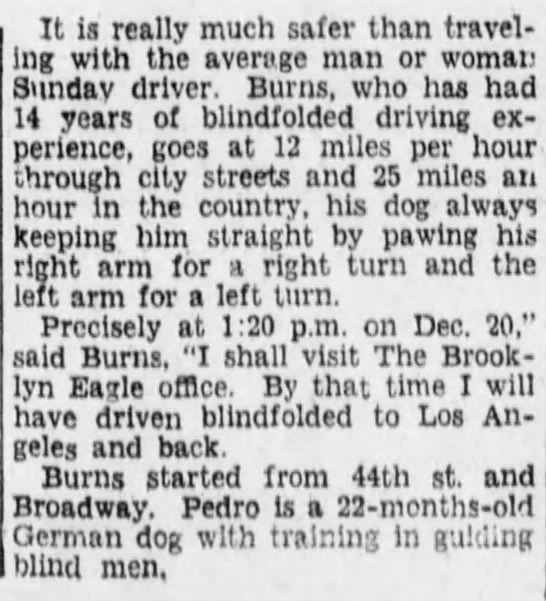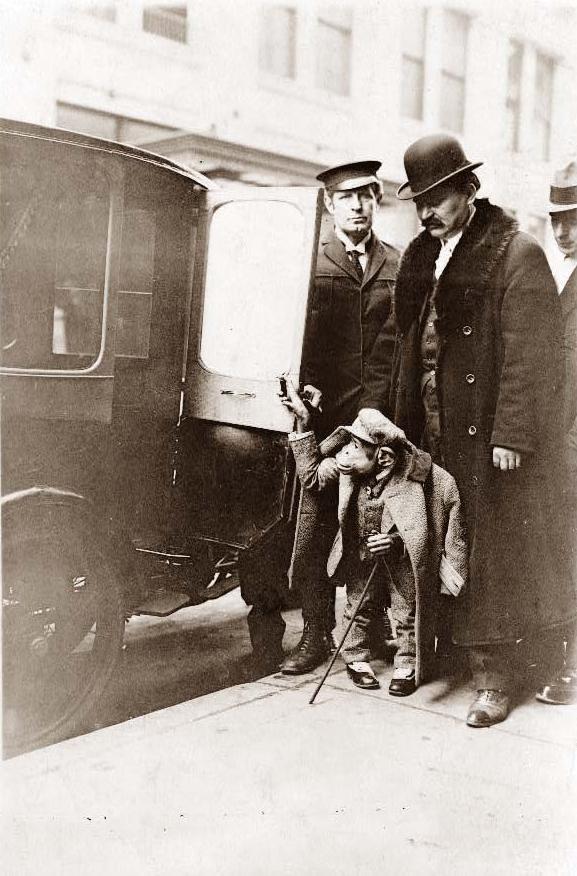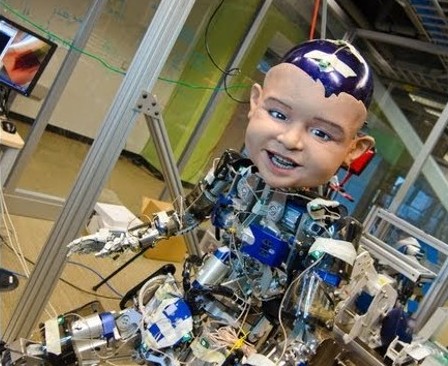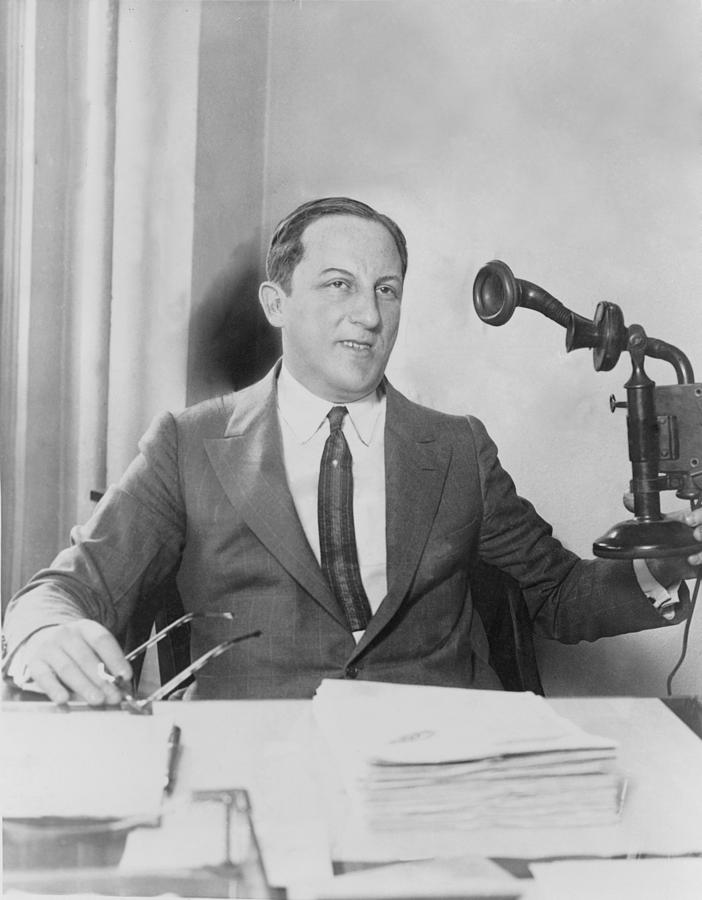In a Medium post, Steven Levy interviews Andrew Conrad of Google X, who explains the company’s attempts at an early-detection health system, which will be miniaturized computer particles that “live” in your bloodstream and are read by an external wearable, something akin to a Star Trek tricorder. An excerpt:
“Andrew Conrad:
The first thing you realize is the triggers of diseases usually start way before they’re clinically apparent. They are usually subtle and rare. Most of the time people are not sick. That means monitoring would have to be done continuously. You have to measure all the time because if you only measure once a year when people visit he doctor—or in men’s cases, once a decade—you’re going to miss huge swaths of the possibility of detecting disease early. So we have to make a continuous monitoring and measuring device. Since it’s continuous, it has to be something people wear, right? Can you imagine if you had to carry a sixty-pound thing around with a radar dish on your head and poke yourself with needles every hour? People just wouldn’t do it.
So the radical solution was to move away from the episodic, ‘Wait ‘til you feel a big lump in your chest before you go into the doctor’ approach, and do a continuous measurement of key biological markers through non-invasive devices. And we would do that by miniaturizing electronics. We can make a little computer chip which has three hundred and sixty thousand transistors on it, yet it’s the size of a piece of glitter. One of the other ways is to functionalize nanoparticles. Nanoparticles are the smallest engineered particles, the smallest engineered machines or things that you can make. Nature does its business on the molecular level or the cellular level. But for two thousand years we’ve looked at medicine at the organ or the organism level. That’s not the right way to do it. Imagine that you’re trying to describe the Parisian culture by flying over Paris in an airplane. You can describe the way the city looks and there’s a big tower and a river down the middle. But it’s really, really hard to opine or understand the culture from doing that. Its the same thing when we look at systems—you can see that there’s a complex system, but unless you’re down at the level where the transactions occur, it’s very hard for you to imagine how it works.”


